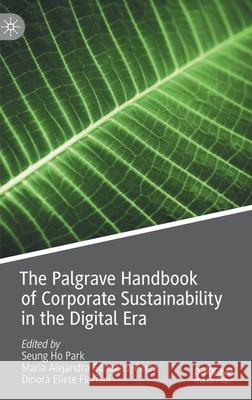The Palgrave Handbook of Corporate Sustainability in the Digital Era » książka
topmenu
The Palgrave Handbook of Corporate Sustainability in the Digital Era
ISBN-13: 9783030424114 / Angielski / Twarda / 2020 / 872 str.
The Palgrave Handbook of Corporate Sustainability in the Digital Era
ISBN-13: 9783030424114 / Angielski / Twarda / 2020 / 872 str.
cena 925,87
(netto: 881,78 VAT: 5%)
Najniższa cena z 30 dni: 886,75
(netto: 881,78 VAT: 5%)
Najniższa cena z 30 dni: 886,75
Termin realizacji zamówienia:
ok. 16-18 dni roboczych.
ok. 16-18 dni roboczych.
Darmowa dostawa!
Kategorie:
Kategorie BISAC:
Wydawca:
Palgrave MacMillan
Język:
Angielski
ISBN-13:
9783030424114
Rok wydania:
2020
Wydanie:
2021
Ilość stron:
872
Waga:
1.44 kg
Wymiary:
23.39 x 15.6 x 4.78
Oprawa:
Twarda
Wolumenów:
01
Dodatkowe informacje:
Wydanie ilustrowane











